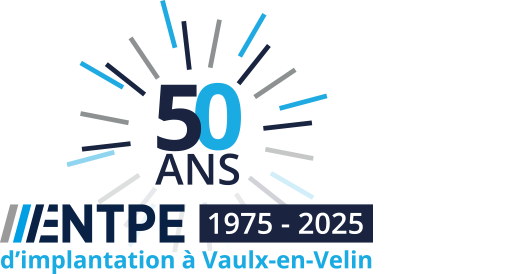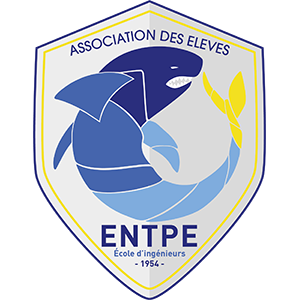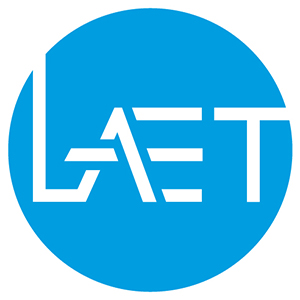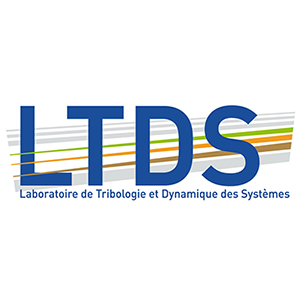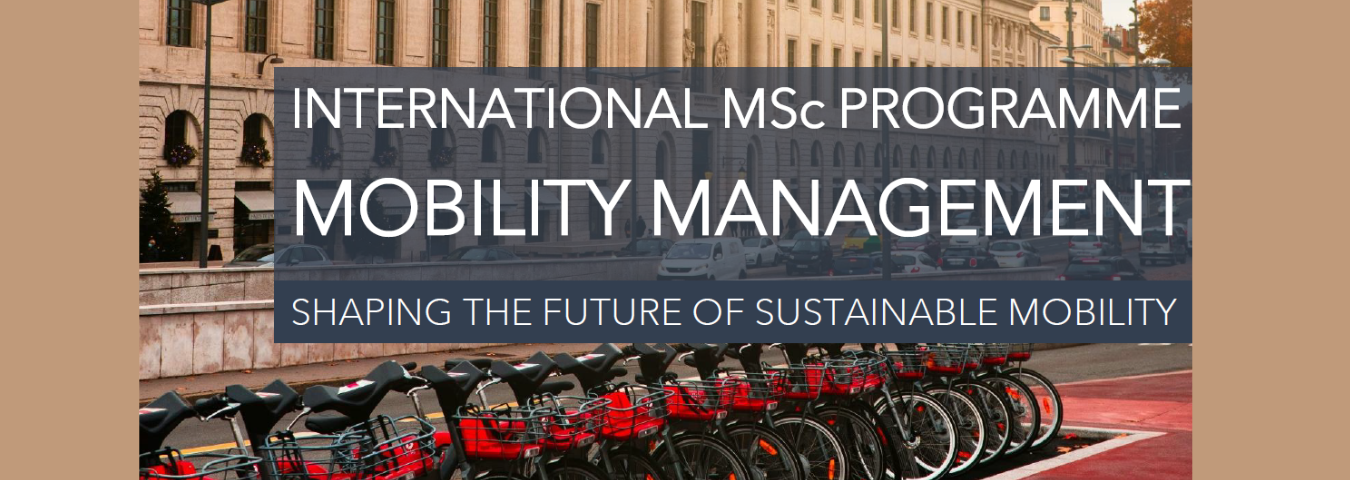
Master of science in Mobility Management

This Master’s programme in Mobility Management combines the disciplines of transport economics, transport policy and planning, mobility engineering, spatial planning and urban environment into a single study programme. It is accredited by the Conférence des grandes Écoles (CGE) and complies with the quality requirements to guarantee a successful professional integration.
/// Objectives
The programme aims to foster international academic and professional exchanges through a multidisciplinary approach focused on Europe's environmental, societal, and technological challenges. Students will develop advanced skills in transport planning, data analysis, and mobility management, acquiring managerial and technical expertise to shape transport systems, policies and regulations.
/// Structure and curriculum
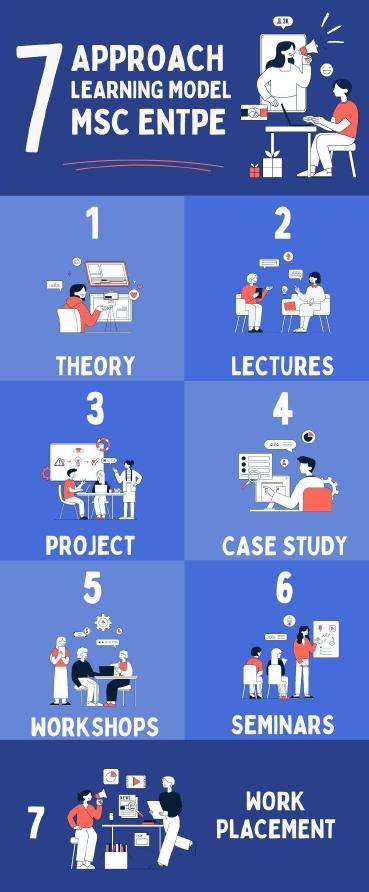
The first and second semesters are dedicated to the core modules and seminars.
From the mid-second semester onward, students will gain professional experience in a recognised company and develop a master's dissertation.
The ENTPE MSc in Mobility Management is a one-year, full-time English-taught programme comprising 60 ECTS, divided into two semesters. The curriculum combines 30 ECTS of teaching modules and 30 ECTS for the master dissertation and work placement.
>> Learning Model
- Theory based-learning
- Face-to-face lectures
- Project-based approach
- Case-studies
- Workshops
- Seminars
- Work placement
Using different learning methods will keep students engaged and motivated as they are exposed to other ways of thinking and problem-solving. Such an approach is well-aligned with student’s interests and career goals, making the pathway relevant and fulfilling.
>> Modules
Semester 1
- Mobility Management (4,0 ECTS)
- Land-Use and Transport Planning (3,5 ECTS)
- Design of Dedicated AV-based Services (2,5 ECTS)
- Transport Data and Machine Learning (3,0 ECTS)
- Urban Logistics (3,0 ECTS)
- Mobility Modelling (2,5 ECTS)
- Spatial Analysis (3,0 ECTS)
- Research Seminar (3,5 ECTS)
Semester 2
- Sustainable Urban Mobility Plans (4,0 ECTS)
- Environmental Impacts of Transport Systems (2,5 ECTS)
- Mobility Management II (2,5 ECTS)
- Transition Towards Sustainable Mobility (2,5 ECTS)
- Research Seminar (3,5 ECTS)
- Master Dissertation (10,0 ECTS)
- Work Placement (10,0 ECTS)
>> Download the MSc in Mobility Management's pedagogical presentation
/// Career prospects
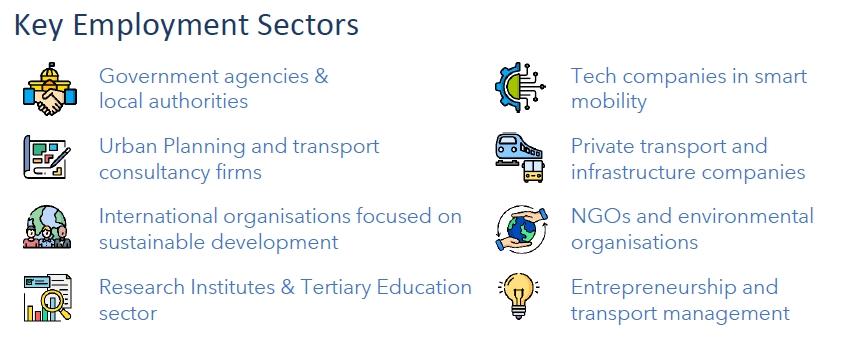
Graduates with the ENTPE MSc in Mobility Management are equipped with a unique blend of technical, analytical, and managerial skills. Below are some of the promising career pathways:
Urban Transport Planner: Graduates can work with local authorities, urban planning agencies, and consultancies to design and implement efficient, sustainable, and user-friendly transport systems. This includes developing strategies for public transport, cycling infrastructure, pedestrian areas, and traffic management.
Mobility Consultant: Working with public or private organisations, mobility consultants provide expert advice on improving urban transport systems, integrating new technologies and optimising mobility solutions.
Sustainable Transport Policy Adviser: With the growing emphasis on reducing carbon emissions, graduates can work with governments, NGOs, or international organisations to develop policies and strategies that promote sustainable mobility, including electric vehicles, shared mobility, and public transport innovations.
Project Manager for Urban Mobility Solutions: As urban transport systems undergo transformation, there is a growing need for project managers who can oversee the implementation of new mobility systems, such as autonomous vehicles, electric transport infrastructure, and high-speed rail networks.
Transport Project Developer: In the private sector, graduates can work with construction and infrastructure companies on large-scale urban projects, such as the development of transport hubs, transit-oriented development (TOD) projects, and innovative city initiatives.
Researcher and Academic: Those passionate about research can pursue academic careers within research institutions or universities, contributing to developing innovative transport solutions.
/// Entry requirements
All applicants must hold a Bachelor’s Degree (180 ECTS or 4 years of Higher Education) from an internationally recognised university in a relevant academic field, such as civil and transport engineering, spatial and urban planning, environmental science and geography.
English language proficiency equivalent to C1* advanced, achieving the minimum required scores in the following internationally recognised English tests:
• IELTS Academic (Overall score of 7.0)
• TOEFL IBT (Overall score of 95)
• TOEIC (Overall score of 945)
• Cambridge CAE (Overall score of 180)
• PTE Academic (Overall score of 76)
*Students with a B2 level are eligible and enrol in the elective language courses to meet the requirements for the program.
/// Application*
• Curriculum Vitae (max. two pages A4)
• Cover letter (max. 1 Page A4)
• Bachelor's degree certificate
• Transcript of records
• Proof of English proficiency
• Letter of Recommendation (optional)
• Proof of relevant work experience
• Interview with pre-selected candidate
* All documents should be written or translated into English.
Application deadline: July
Admission results : August
/// Tuition fees*
2025-2026 EU and Non-EU citizen Normal fee: 14 000 €
*Tuition fee reduction based on academic excellence, financial need and social inclusion criteria.
/// Contact
Isabel Cunha, Head of the MSc in Mobility Management programme
Financed by :

